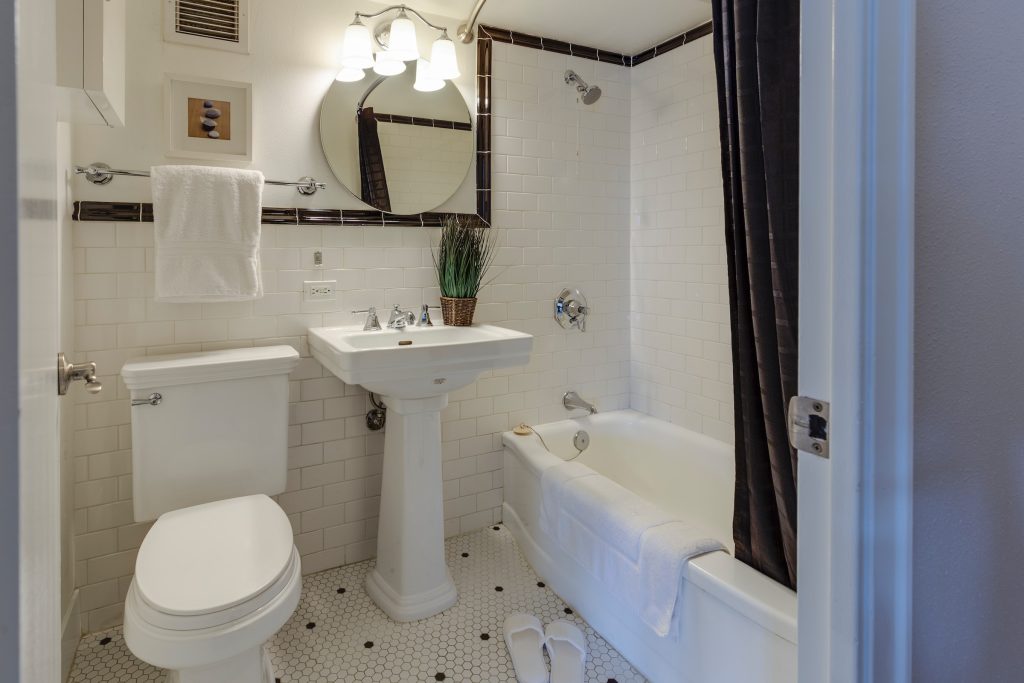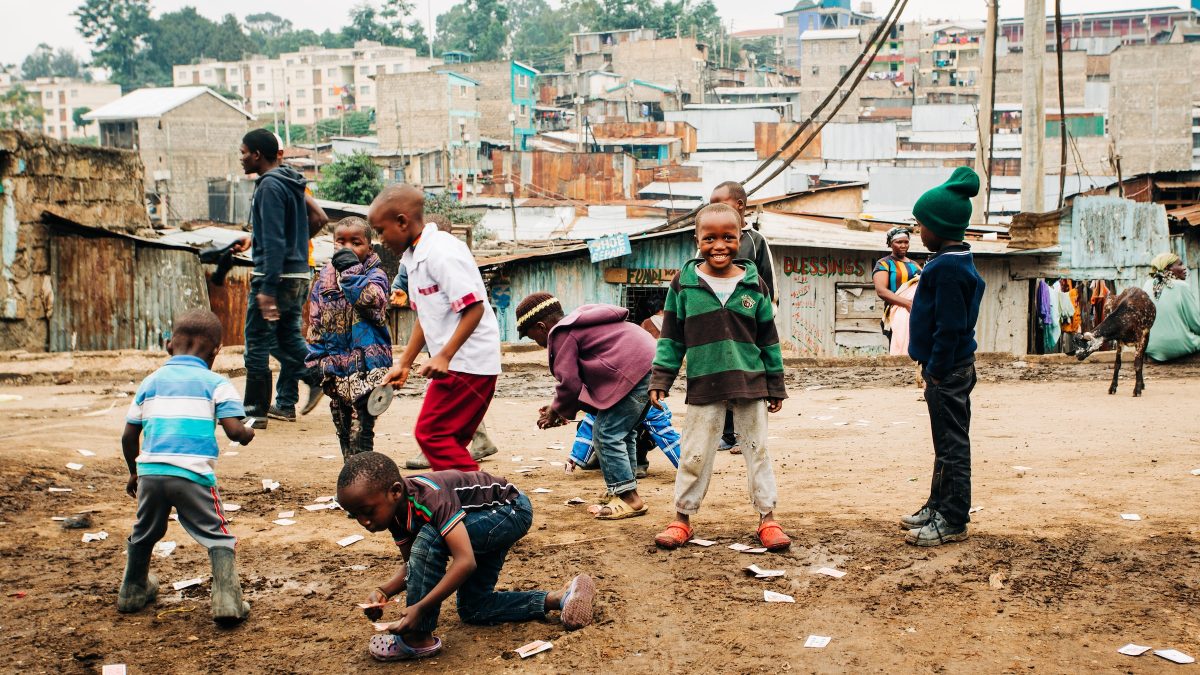Lack of Toilet Facilities in the Slums of Kisseman Poses Health and Dignity Challenges for Residents
In the slums of Kisseman and Christian Village, the absence of proper toilet facilities continues to pose significant health and dignity challenges to residents.
The lack of access to clean and safe sanitary facilities around these places furthers the spread of diseases, compromising personal hygiene, and even infringing upon the right to dignity among individuals living in these parts of Kisseman and Christian Village.
“The hundreds of us slum dwellers are sometimes forced to resort to open defecation due to the scarcity of toilets here,” disclosed Fred Klu, a 62-year old carpentre.
Klu’s kiosk, situate right opposite the Lapaz Community hospital, and which lacks the basic amenities needed for one to live a dignified life in the home, has been, according to him, “my permanent place of residence for the past 13 years”.
Thirteen years of having to defecate in the open, and bathe in public places of convenience.

Courtesy: Annie Spratt // Unsplash
Some residents have also confessed to using polythene bags in the night and dumping them in the bushes of the Achimota school, or in nearby gutters, or even on the neigbourhood park in the morning because it is the only alternative available to them most nights when they are pressed for nature’s call.
“When we have to attend nature’s call in the middle of the night (and it is always urgent), we are sometimes forced to find alternative means, instead of walking all the way to AnummglƐ, inside the Achimota School to the KVIP there,” they added.
This practice not only contributes to the contamination of water sources, but also increases the risk of such water-borne diseases as cholera, typhoid fever, and diarrhoea.
A finding by the World Health Organization reveals that in Africa, each year, inadequate sanitation is the main cause of death for approximately 315,000 children under the age of five.
Children in these slums in Christian Village and Kisseman are not exempt from this sad fate.
Some residents have also disclosed that the absence of proper sanitatary facilities affects their dignity and well-being, particularly for women and girls.
Harriet Asamoah is a reverend minister at the Jesus Prayer Ministry and has earned the moniker “Osofo Maame” among her fellow slum-residents in Christian Village because she is married to the lead pastor.
Asamoah believes that “the lack of privacy and security we face when we ease ourselves in the public places at AnummglƐ or downtown Christian Village, exposes us to various risks, including sexual assault and harassment”, as women and girls are sometimes forced to use secluded areas or wait until nightfall to relieve themselves.
Asamoah, 50, and a teacher at Udanok Academy at Pillar 2, says she wishes better for her children, in terms of living conditions, and hopes to “move out of here soon, since this is not the way I want my youngest daughter, Sarah, to know life”.

Courtesy: Francesca Tosolini // Unsplash
While some individuals and other private companies have taken it upon themselves to help solve this issue for residents by building two public places of convenience, the help has been barely enough, leaving residents to still grapple with issues of how to ease themselves in the middle of the night, or when they do not have money to pay to attend nature’s call.
One such relief is the KVIP situate at AnummglƐ, which the chief of Christian Village, Torgbui Annang Agboba Christian II says “was built by building materials supplying company, ‘Atala’, with the objective to end open defecation, and to provide access to clean and safe toilets for the slum dwellers of Christian Village and even Kisseman.”
Despite these efforts which are aimed towards achieving the United Nations Sustainable Development Goal 6, which aims to ensure access to water and sanitation for all by 2030, challenges such as the distance between the homes of these residents and the public facilities, and sometimes the lack of money to patronise the services of these facilities, continue to hinder the intended objective of ending open defecation.

